
March 21, 2022
This Federally Owned Public Utility Company Is Run by a Former Fossil Fuel Executive Who Makes $10 Million
The Tennessee Valley Authority could be leading the country toward renewables. Instead, it gets huge chunks of its power generation from coal and methane.
March 16, 2022 | Revolving Door Project Newsletter
Facing Rising Prices and Falling Political Fortunes, Biden Needs to Go on Offense
With each passing day, Biden and his party appear to be facing ever more severe political headwinds. Inflation remains elevated, with a new variant threatening to further aggravate supply chain problems. Meanwhile, the (warranted) response to the war in Ukraine has specifically pushed gas prices upwards. Add to this that the Federal Reserve appears eager to throw millions out of work to slow the economy and that some of Biden’s outstanding nominations are in peril thanks to his own, uncooperative co-partisans, and things are undoubtedly looking bleak.

March 16, 2022
To Take Down Corporate Polluters, the DOJ's Environmental Enforcer Needs More Capacity
Overseen by Assistant Attorney General Todd Kim, the Environment and Natural Resources Division (ENRD) is one of seven litigating components of the Department of Justice (DOJ). The ENRD is divided into ten sections, each with its own area of expertise. The Division fulfills a wide range of responsibilities. For instance, the ENRD is tasked with protecting the nation’s natural resources and enforcing U.S. civil and criminal environmental laws, including the Clean Water Act, Clean Air Act, and hazardous waste laws. The Division also handles tribal rights and resources cases. Other responsibilities include, but are not limited to, “facilitating cleaner energy and ensuring marketplace integrity; defending and adjudicating water rights for Federal agencies and Indian Tribes, as well as policies and decisions that support the generation of clean energy on Federal lands and the outer continental shelf; and, promoting international climate justice activities and the advancement of legislative and policy matters related to climate change.”
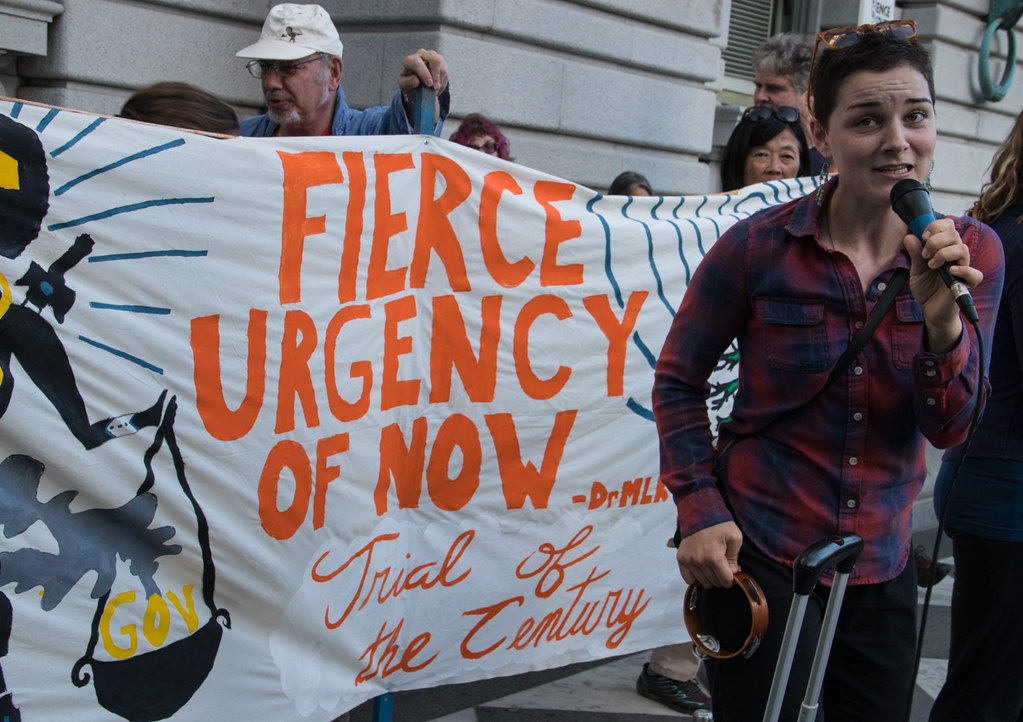
March 15, 2022 | The American Prospect
Op-Ed Climate and EnvironmentCorporate CrackdownDepartment of JusticeEthics in GovernmentExecutive BranchIndependent Agencies
Where the Government’s Environmental Lawyers Stand
Joe Biden pledged that as president he would hold polluters accountable. But in 2021, the number of criminal cases against polluters referred to the Justice Department dropped even lower than the year before. At best, DOJ officials have set their sights on bringing environmental crime enforcement back up to Obama-era levels—but not exceeding them. That’s a decidedly muted goal; environmental crimes enforcement was higher under George W. Bush than Obama, and has always been underfunded.
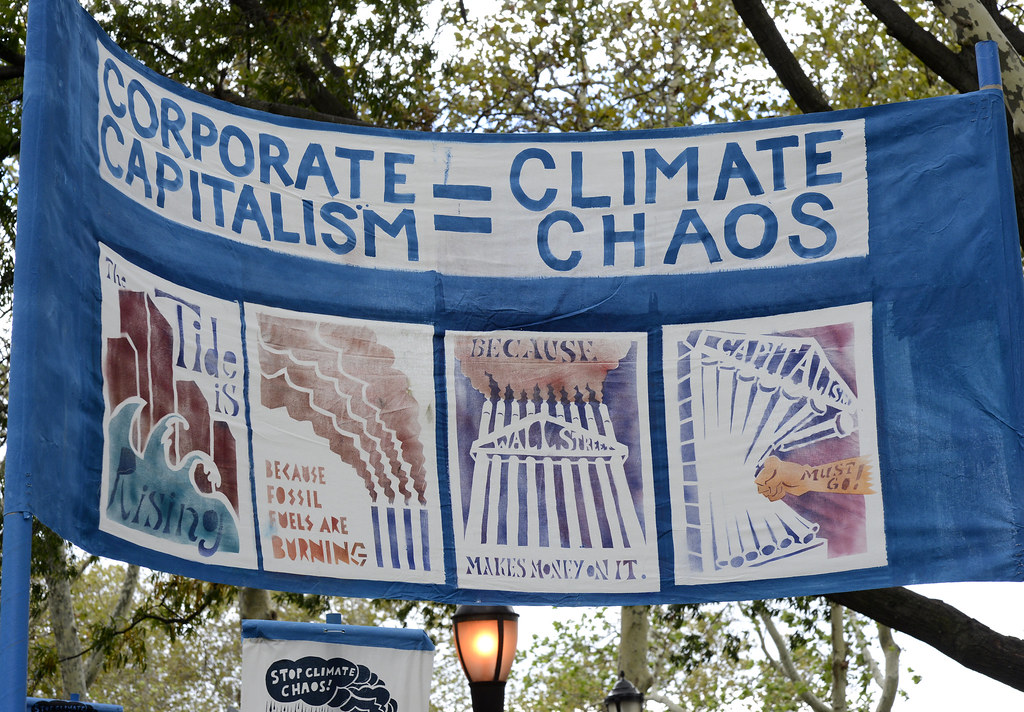
March 11, 2022
Hannah Story Brown Dylan Gyauch-Lewis
Press Release Climate and EnvironmentExecutive BranchFinancial RegulationIndependent AgenciesRevolving Door
Carbon Offset Legitimization Would Undermine Climate Progress, New Report Argues
The Revolving Door Project released a new “Industry Agenda” report today breaking down the systemic flaws and increasing relevance of the carbon offset industry as the favored greenwashing strategy for big industries and high-polluting nations. The report highlights the policies and executive branch agencies of interest to players in both voluntary and compliance carbon markets in the United States.

March 09, 2022
Biden’s Ban on Russian Fuels Could Be a Climate Turning Point
With only a handful of years left to act before catastrophic global climate change becomes irreversible, every day is a high-stakes day for U.S. climate policy. But the past two weeks of Putin’s unconscionable war on Ukraine have been particularly nerve-racking for the future of the energy transition—a transition which is inextricably linked to the future of democracy everywhere.
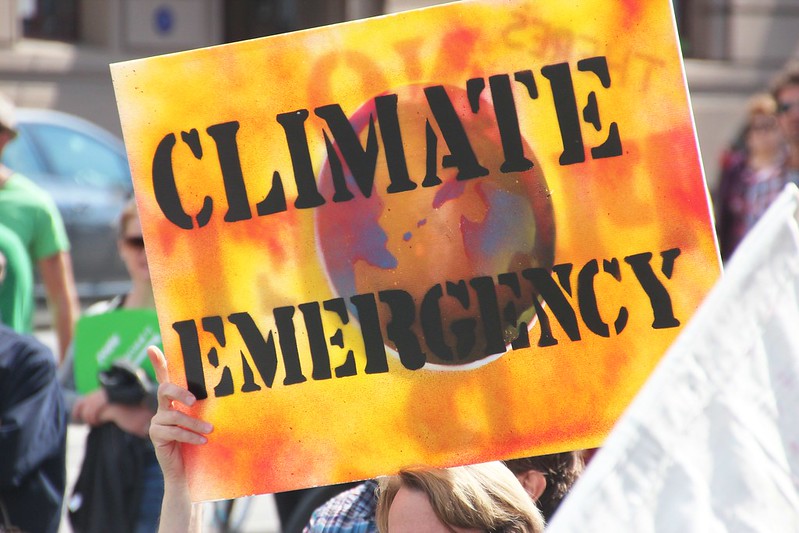
February 17, 2022
New Report Examines Treasury Research Division’s Destruction and Its Consequences for Climate Regulation
Today the Revolving Door Project released a report on the Office of Financial Research’s (OFR) capacity to proactively investigate and inform climate-aware regulation across the federal financial regulatory landscape. This is the fourth installment of our Climate Finance Capacity project, which examines the current state of financial regulation through the lens of the climate crisis. Our prior installments have looked at the role and capacity of the Commodities Future Trading Commission (CFTC), the Securities and Exchange Commission, and the Office of the Comptroller of the Currency (OCC) in crafting a more sustainable financial future.

February 17, 2022
Dino Falaschetti and the Decimation of the OFR
The Office of Financial Research (OFR) was established by the Dodd-Frank Wall Street Reform and Consumer Protection Act in 2010. Charged with providing data, analysis, and research regarding systemic financial risks to the members of the Financial Stability Oversight Council (FSOC), OFR is an integral part of the federal infrastructure for safeguarding financial stability. OFR, while not itself a regulatory body, investigates systemic risks, standardizes the data used across government, and can offer financial regulators a more robust empirical base from which to devise regulations. OFR was designed to address the proven inability of financial regulators in the lead up to the Great Recession to understand dangers before threats turned into devastation.

February 07, 2022
The Department of Energy Needs More Capacity To Help Prevent A Dim Future
Addressing the climate crisis on a federal level requires, at minimum, that the agencies and departments of the federal government be fully staffed and equipped to implement and enforce regulations. In the Revolving Door Project’s Climate Capacity Crisis Report, we initially found that the Department of Energy (DOE) had relatively higher staffing levels compared to other agencies, though certainly not enough to fulfill its mandate. As of June 2021, Biden’s DOE had hired 79 more STEM employees than were employed by the department in September 2016, whereas the Department of Agriculture, Department of Interior, National Park Service, United States Geological Survey, and the Environmental Protection Agency all lost STEM employees within that same time period. Despite the DOE’s comparably impressive staffing levels, a recent Washington Post article revealed that the department was struggling to stay on top of mounting work, causing unnecessary problems in their fight against the climate crisis.
February 03, 2022 | Revolving Door Project Newsletter
From Shriveled Enforcement to OLC Opinions, Trump Stench on Exec Branch Remains
It seems that each passing day brings another example of how chronic underfunding of government is threatening the Biden administration’s ability to make good on its promises to the public. On the campaign trail, for example, Biden pledged to hold polluters accountable. But, according to a new analysis from Public Employees for Environmental Responsibility (PEER), Environmental Protection Agency (EPA) referrals to the Justice Department fell to their lowest level in three decades in 2021 and were fully one-third lower than in 2020. A lack of capacity may also be undermining the EPA’s ability to quickly and effectively deploy new infrastructure funds for wastewater and drinking water infrastructure programs, lead pipe replacement, and cleanup of PFAS contaminants.
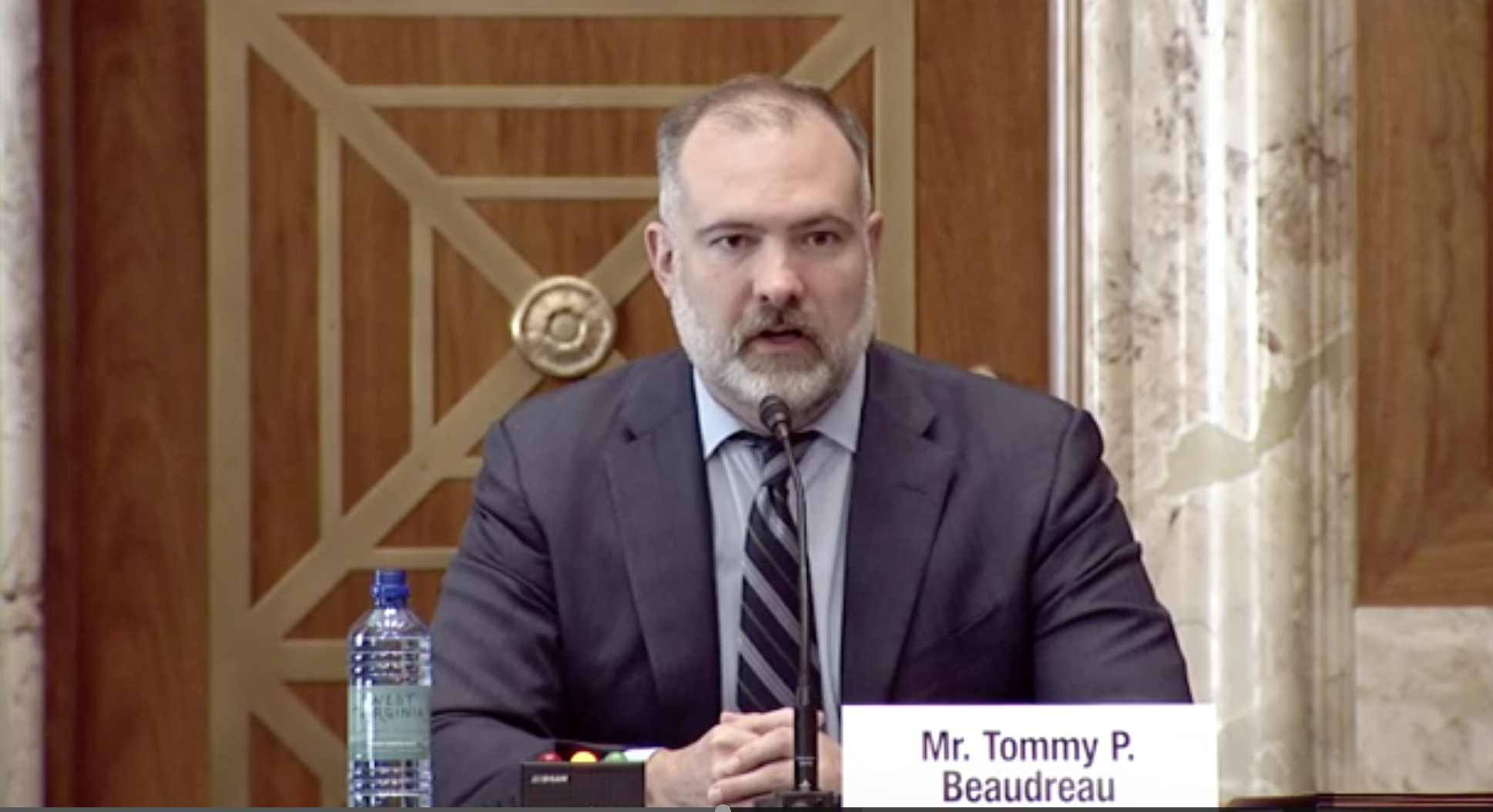
January 24, 2022
Revolver Spotlight: Tommy Beaudreau Is Big Oil’s Back Door to Biden’s Interior
President Biden nominated Tommy Beaudreau to be his Deputy Secretary of the Department of the Interior last April, and he was confirmed to the position by June. Unfortunately, though Biden seeks to be seen as a climate champion, Beaudreau was, and is, a uniquely terrible choice to help helm a climate-focused administration. His revolving door record is extensive, his conflicts of interest are nearly unprecedented, and his (re)installment at the highest circles of the Department of the Interior was ultimately a win for oil and gas conglomerates.
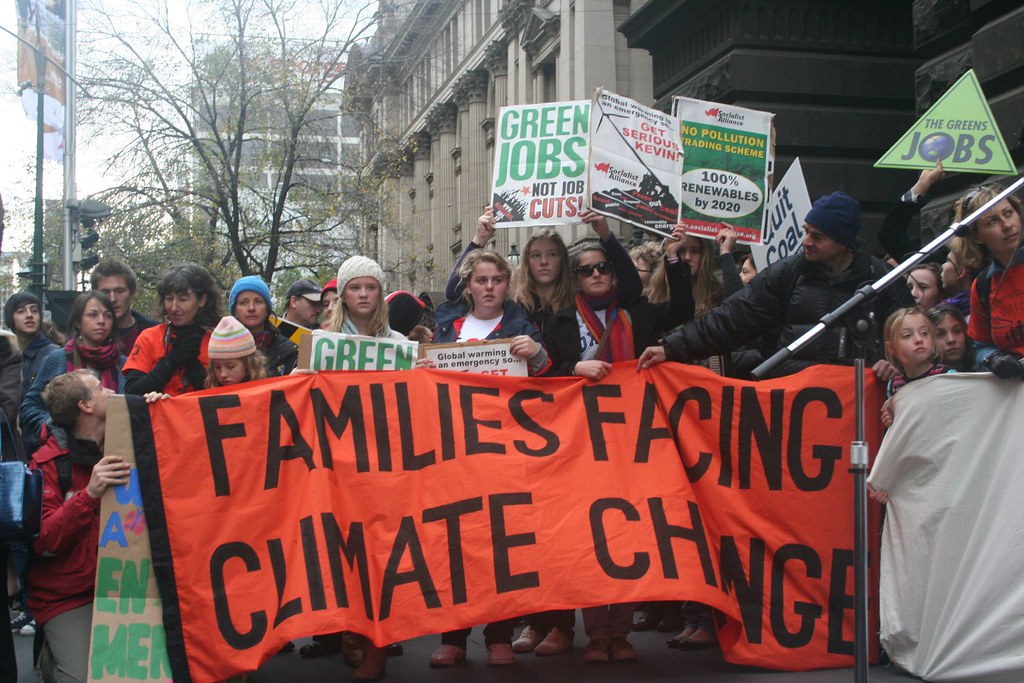
January 19, 2022
Climate Finance Capacity: Office of the Comptroller of the Currency
supervising all national banks, federal savings associations, and agencies of foreign banks. It primarily regulates the risk that banks can take on, delineates what is considered “banking,” and investigates banks’ balance sheets.

January 19, 2022
New Report Warns Agency Capture Threatens OCC Climate Response
Today the Revolving Door Project released a report on the Office of the Comptroller of the Currency’s OCC) capacity to implement and enforce climate regulation. This is the third installment of the project’s ongoing Climate Finance Capacity project \identifying the tools each component of the Financial Stability Oversight Council (FSOC) has to address the climate crisis through regulatory reform and the capacity-related obstacles that could stand in the way. Prior installments have looked at the Commodities Future Trading Commission (CFTC) and the Securities and Exchange Commission (SEC).Through this project, we aim to highlight the responsibility each of these agencies have in regulating our financial system towards a more sustainable future, and the reforms necessary to achieve this vision as examined through the lens of each agency’s unique resourcing.
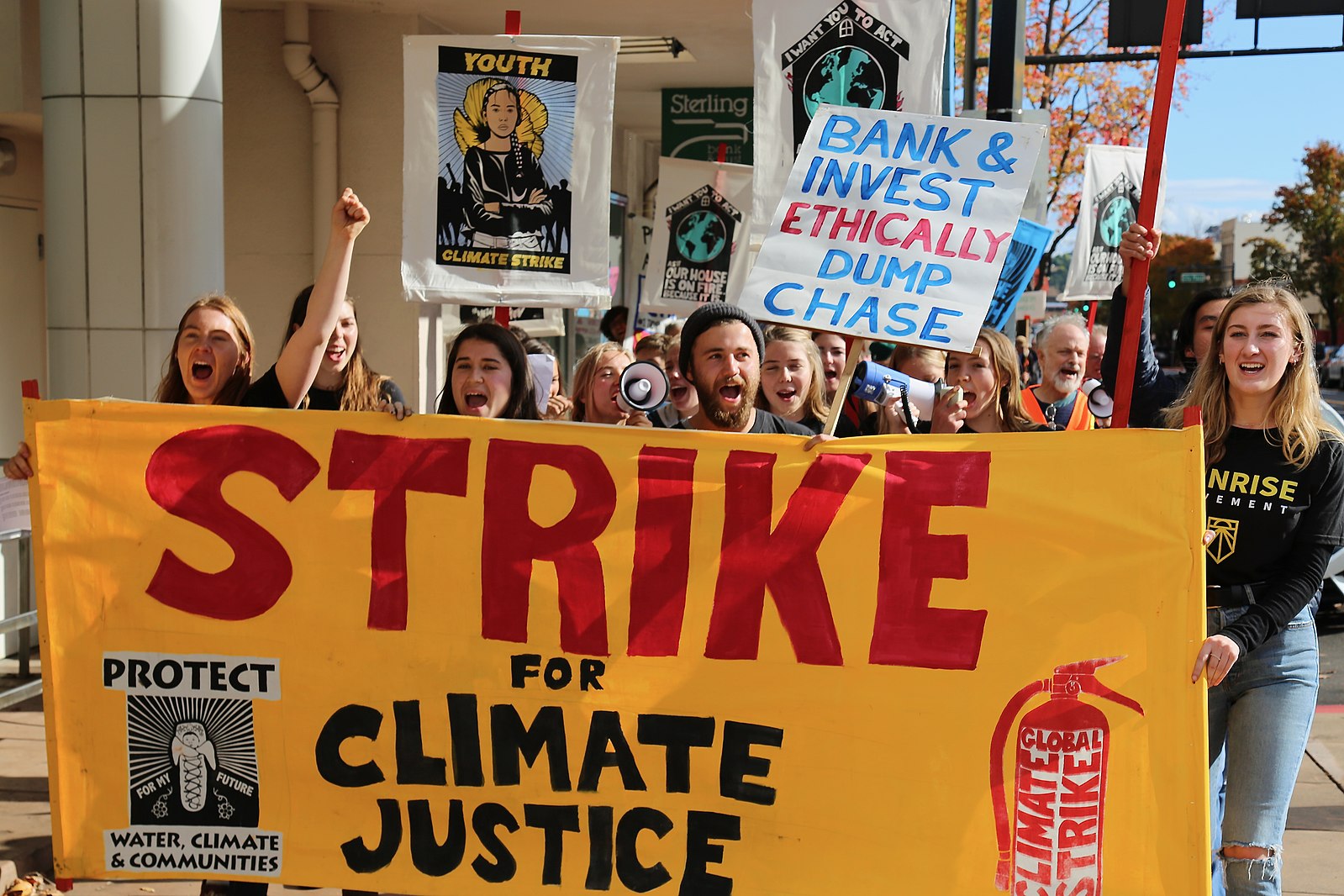
January 11, 2022
Climate Finance Capacity Project: Securities and Exchange Commission
Climate change poses a serious threat to everything the Securities and Exchange Commission (SEC) is meant to protect and oversee. The Commodity Futures Trading Commission (CTFC)’s “Managing Climate Risk in the U.S. The Financial System ”report makes this abundantly clear. The report concludes that climate change may “exacerbate existing, non-climate related vulnerabilities in the financial system, with potentially serious consequences for market stability”. Furthermore, the physical and transitional risks of climate change will likely lead to systemic and sub-systemic financial shocks. These shocks would cause “unprecedented disruption in the proper functioning of financial markets and institutions” and further marginalize communities underserved by the financial system. To fulfill its mandate, of maintaining fair, orderly, and efficient markets, protecting investors, and facilitating capital formation, the SEC must proactively ensure there is enough personnel to monitor and enforce regulations that will keep markets stable and adaptable.
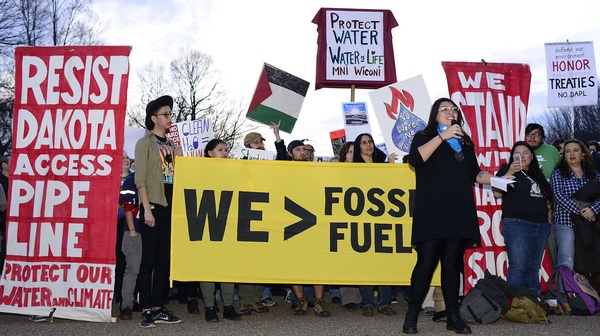
January 11, 2022
New Report Warns That Insufficient Capacity at The SEC Might Limit its Role In the Fight Against Climate Change
Today, the Revolving Door Project released its SEC Climate Capacity Report examining the detrimental impact of capacity shortfalls on the Securities and Exchange Commission (SEC)’s climate work. This report is the second installment of its Climate Finance Capacity Project. The Climate Finance Capacity Project explores the power and responsibility that each of the Financial Stability Oversight Council’s member agencies has to address the climate crisis and consider how resource limitations threaten to limit their impact.
